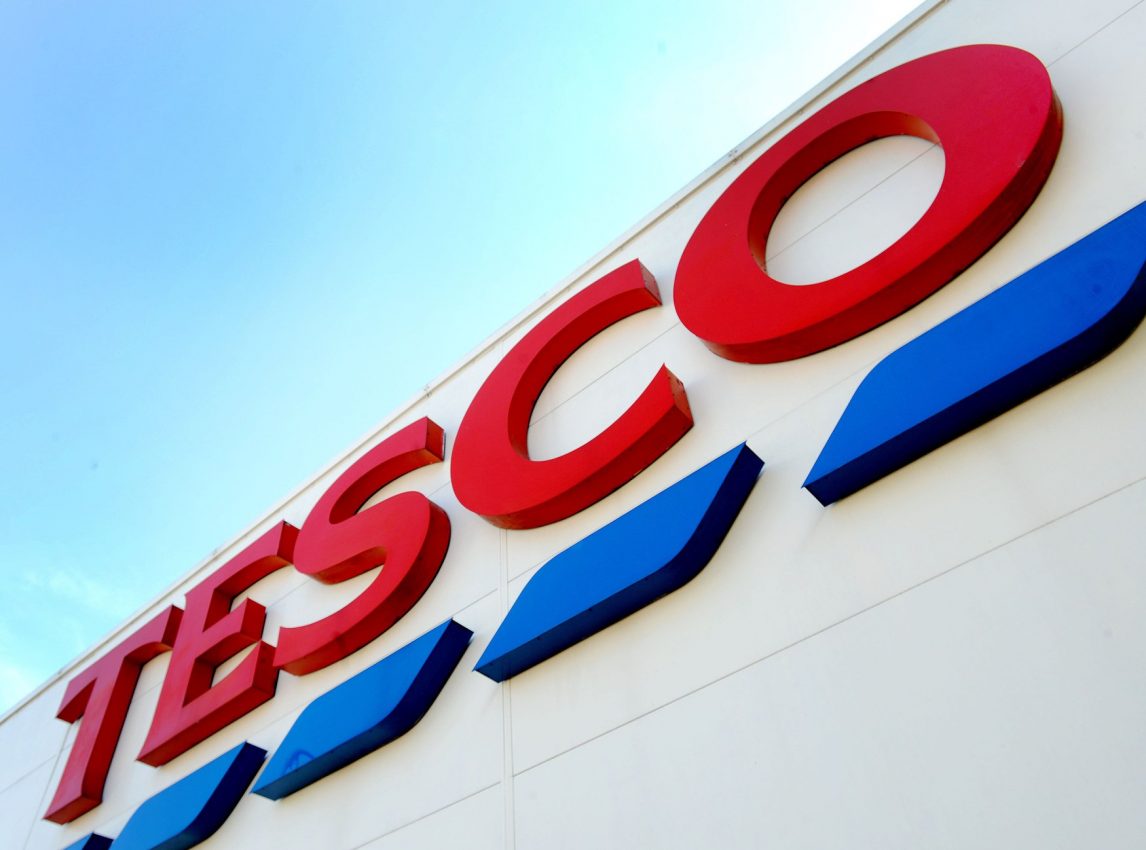
Supermarket giant Tesco has reported a more than 25% increase in profits for the first half of 2020 as online orders doubled due to the coronavirus pandemic.
Tesco posted a pre-tax profit of £551 million for the first half of the year, representing a 28.7% increase from the same period in 2019, attributing the trend to increased food purchases and doubled online orders.
First half results
This was the first set of numbers from the company since Ken Murphy took over as chief executive officer (CEO) last week. He replaced Dave Lewis who have been at the helm since 2014.
The retailer have more than doubled its delivery capacity to 1.5 million slots a week in order to adjust to the surge in online shopping and during the period, it was able to serve 674,000 vulnerable customers.
Although it found success with food, demand for clothes fell, with sales plummeting by 17.2% in the first half.
In a conference call with journalists, Murphy said the first half of 2020 "tested our business in ways we had never imagined", but employees had "risen brilliantly to every challenge". He added that he felt "very comfortable in my own skin and my ability to lead this business".
"I'm really happy with the strategy and direction of the company. My job is to maintain momentum in the business and deliver a fantastic Christmas," the new Tesco CEO continued.
However, operating profit fell by 15.6% to £1.037 billion and one of the businesses being attributed for this decline was Tesco Bank, which made a loss of £155 million.
Tesco's UK and Ireland sales went up by 8.6% to £24.3 billion, with an overall revenue of £28.7 billion. Also, UK food sales went up 9.2% during the period. On the other hand, coronavirus-related costs has amounted to £533 million.
The retail giant also reported an increase in its interim dividend by 21% to 3.2p a share.
Recent challenges
Aside from the coronavirus pandemic, the supermarket firm also had its share of challenges during the first half.
Earlier this year, Tesco issued a security warning to its Clubcard holders saying it believed there were attempts to use a database of stolen usernames and passwords from other platforms on its websites and some may have been successful.
However, the supermarket firm assured that no financial data was accessed and its systems have not been hacked. The company will be issuing new cards as a precautionary measure and apologized for the inconvenience.
A Tesco spokesperson said: "We are aware of some fraudulent activity around the redemption of a small proportion of our customers’ Clubcard vouchers. Our internal systems picked this up quickly and we immediately took steps to protect our customers and restrict access to their accounts."
Tesco said it sent emails to everyone who were potentially affected, and added that nobody would lose their points and new vouchers would also be issued.
Also this year, the company decided to sell its 2,000 stores across Thailand and Malaysia, which operate under the Tesco Lotus brand, for £8 billion to CP Group.
Then-CEO Lewis pointed out that the sale of the stores would allow Tesco "to further simplify and focus" its business. He added that out of the £8 billion proceeds, £5 billion will be returned to shareholders via a special dividend.
The company stated that the sale would reduce its debt and streamline the group, enabling a "stronger focus" on UK, Irish and central European activities.






